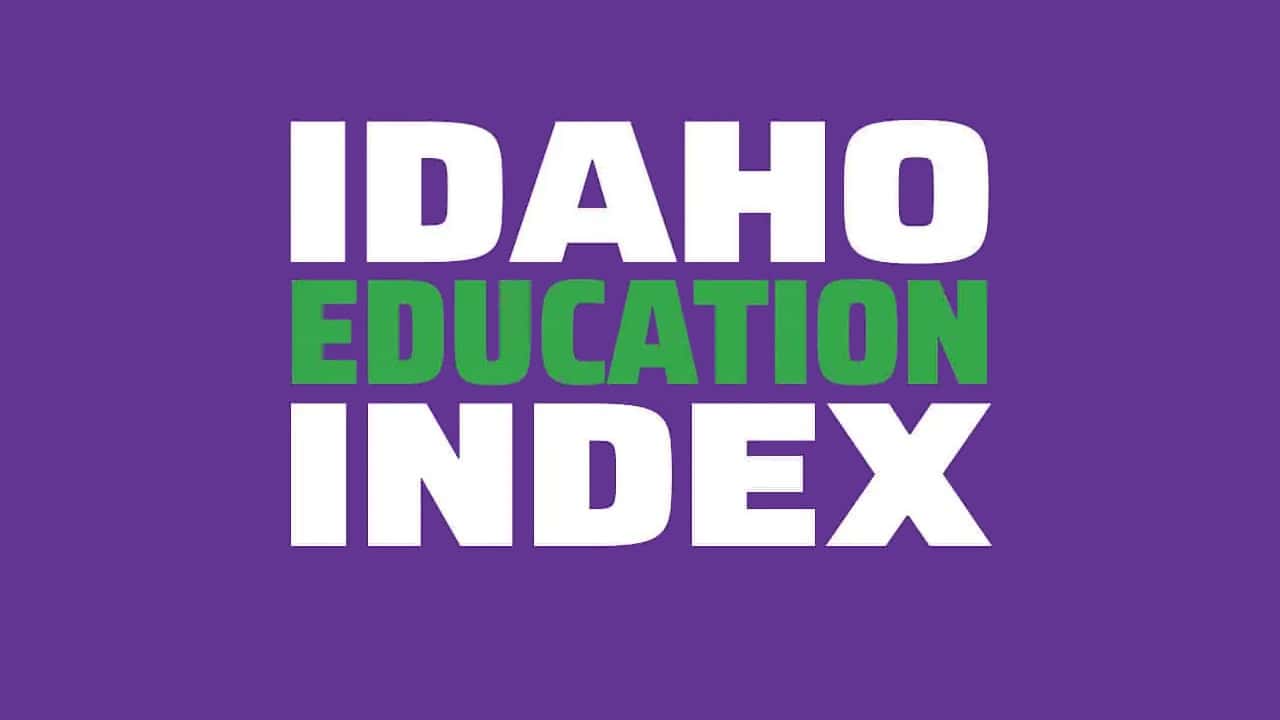


Bill Description: Senate Bill 1360 would give eligible public school teachers $500 debit cards to spend on "qualified educational expenses."
Rating: -2
NOTE: Senate Bill 1360 is similar to Senate Bill 1249, introduced earlier this session, and Senate Bill 1153, introduced during the 2023 session. Compared to those bills, however, Senate Bill 1360 sets the amount of direct teacher funding at $500 and allows the money to roll over for up to 3 years rather than revert to the general fund.
Does the bill finance education based on the student rather than the institution? (+) Conversely, does the bill finance education based on an institution or system? (-)
Senate Bill 1360 would create Section 33-912, Idaho Code, to "directly fund eligible teachers to pay for qualified educational expenses, on behalf of the school district or public charter school, that address student education needs, individual classroom needs, and instructional goals."
This would be done by providing all teachers who hold "an Idaho certificate issued pursuant to section 33-1201, Idaho Code," and are "employed by an Idaho public school district or public charter school" with $500 "per year in such direct funding through a debit card provided by the state department of education."
The bill's fiscal note estimates that 19,000 teachers would receive these debit cards at an annual cost to taxpayers of approximately $9.6 million.
This increased spending would be implemented within the existing public education system and is not directly based on student needs.
(-1)
Unlike previous versions of this proposal in other legislation, unspent funds could roll over for up to 3 years rather than reverting to the general fund. This further decouples this additional spending from student needs, potentially allowing millions of dollars to accumulate unnecessarily.
Some credentialed teachers may work in a public school, but not in a capacity where they need classroom supplies. But because the money rolls over and "qualified educational expenses" may include "technological equipment, including … personal computers, laptops, tablet devices, [and] phones," these funds could be used by teachers to upgrade their office electronics every few years.
This type of misuse would be more difficult under similar legislation like Senate Bill 1249, which prohibits the funds from rolling over or being used for "administrative purposes." Senate Bill 1360 contains no such prohibitions.
(-1)
Does the bill allow schools to be more flexible, improve feedback mechanisms, and decentralize decisions to the family or individual level? (+) Conversely, does the bill add to the existing education bureaucracy? (-)
Senate Bill 1360 could help provide flexibility for teachers in spending education dollars on necessary classroom supplies like books, posters, and physical education supplies; supplies like paper towels and hand sanitizer; technological equipment like calculators or microscopes; organizational products; and whiteboards or bulletin boards.
To the extent teachers use the funds for practical supplies that benefit students, this bill could give teachers greater flexibility to choose the supplies that fit their classrooms' unique needs.
(+1)
Does the bill create more transparency or accountability in public education institutions? (+) Conversely, does the bill reduce transparency and accountability in such institutions? (-)
Unlike previous legislative versions of this proposal, Senate Bill 1360 requires very little accountability. Senate Bill 1249, for example, would require that purchases be reviewed, authorized, and recorded. The state Department of Education would be tasked with "reporting on the use of funds for classroom purposes and verifying compliance with" the law.
Senate Bill 1360 requires only that teachers "retain records of the receipts" of their debit card purchase for two years.
The bill says the State Department of Education may audit a teacher "to determine whether such transaction was proper" and may "request copies of all receipts from the debit card" for the past two years. It does not, though, obligate the department to audit or review anything.
With the rollover of unused funds, the lack of any prohibition against spending on administrative equipment like tablets and smartphones, and no mandated accountability, this program has a high potential for misuse that redirects these funds away from their stated purpose of "classroom supplies."
(-1)



